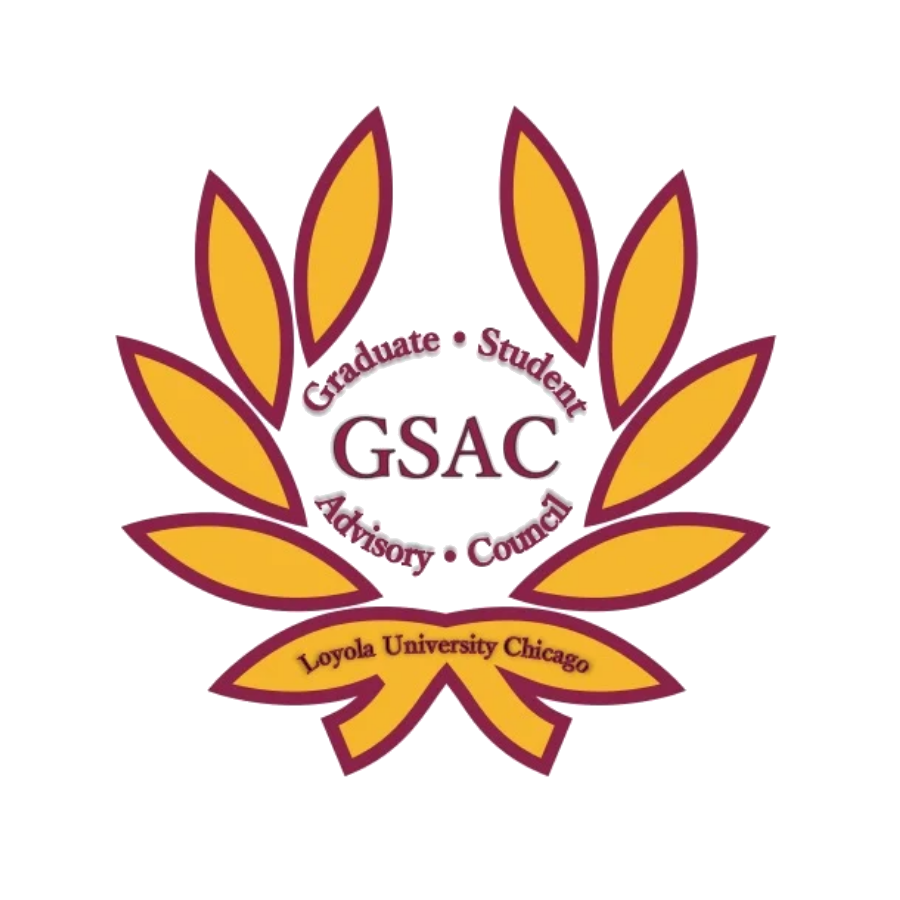"Garbage" Science: Anthropogenic Litter Assemblage, Assessment, and Connections to Biotic Health in Illinois Streams
Submission Type
Oral/Paper Presentation
Degree Type
Masters
Discipline
Sciences
Department
Biology
Access Type
Open Access
Abstract or Description
Anthropogenic litter (i.e., trash; AL) is increasing in aquatic ecosystems worldwide. Rivers are both retention sites and conduits for AL. Because AL is diverse in material types, uses, sources, and mobility, developing management techniques to measure AL assemblage is a major challenge. We measured AL in 30-m reaches of streams across northeast Illinois. Streams were selected based on landscape-scale land uses (urban, agricultural, and forested). Reaches in urban watersheds have significantly higher densities of AL than agricultural watersheds (ANOVA, p=0.015). The study will inform policies and practices regarding stream ecosystem management.
Creative Commons License

This work is licensed under a Creative Commons Attribution-Noncommercial-No Derivative Works 3.0 License.
"Garbage" Science: Anthropogenic Litter Assemblage, Assessment, and Connections to Biotic Health in Illinois Streams
Anthropogenic litter (i.e., trash; AL) is increasing in aquatic ecosystems worldwide. Rivers are both retention sites and conduits for AL. Because AL is diverse in material types, uses, sources, and mobility, developing management techniques to measure AL assemblage is a major challenge. We measured AL in 30-m reaches of streams across northeast Illinois. Streams were selected based on landscape-scale land uses (urban, agricultural, and forested). Reaches in urban watersheds have significantly higher densities of AL than agricultural watersheds (ANOVA, p=0.015). The study will inform policies and practices regarding stream ecosystem management.



